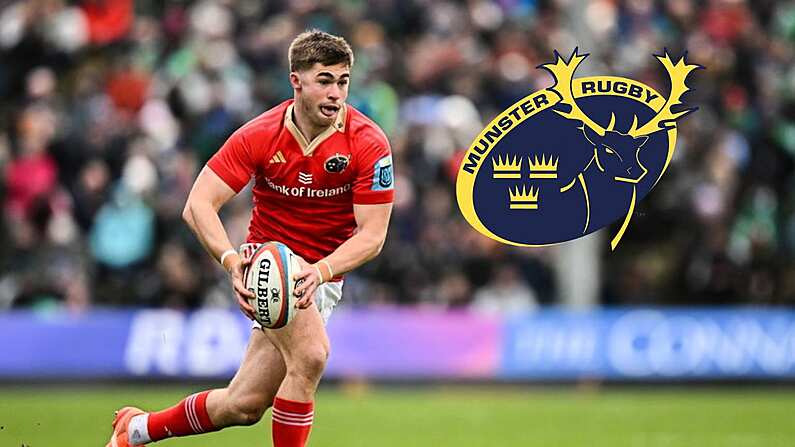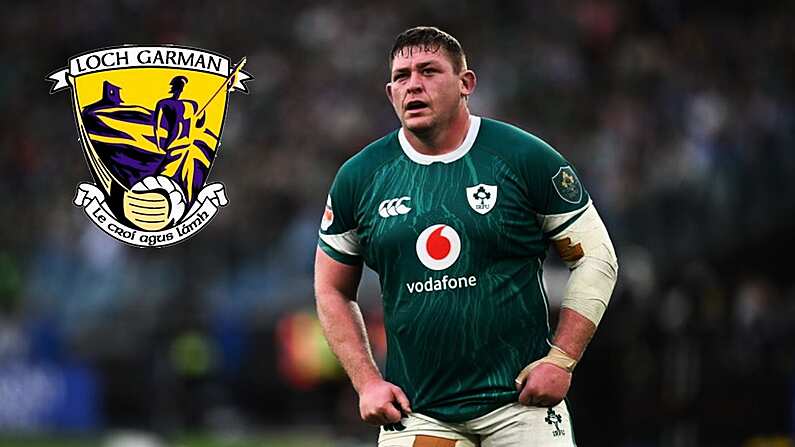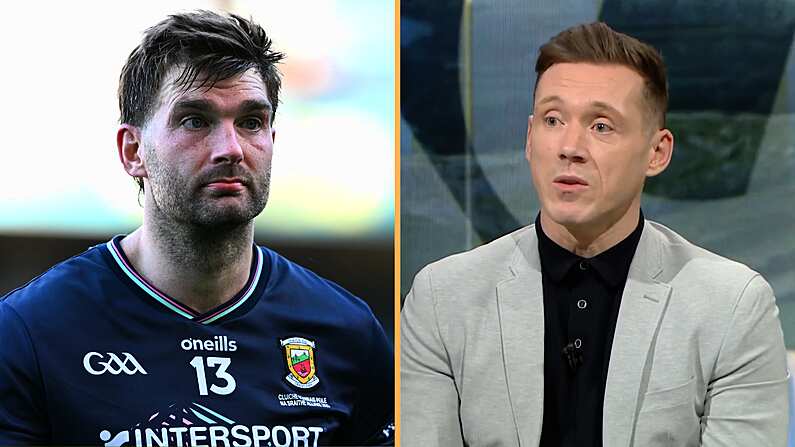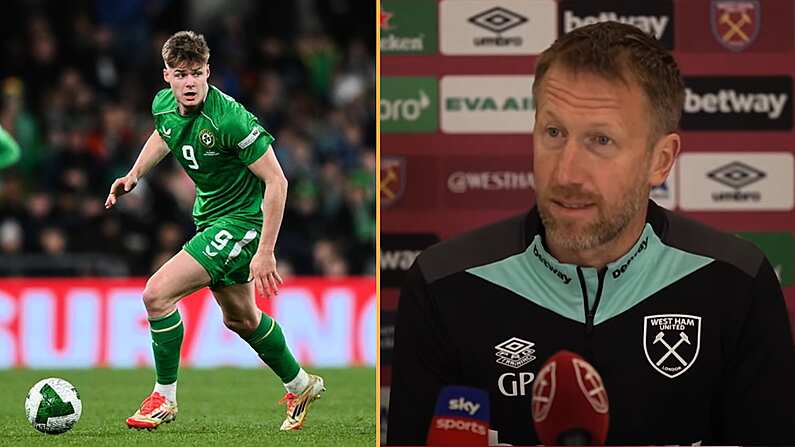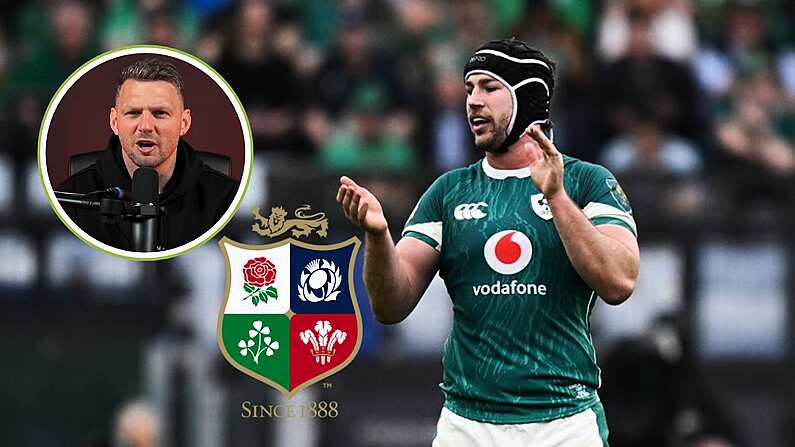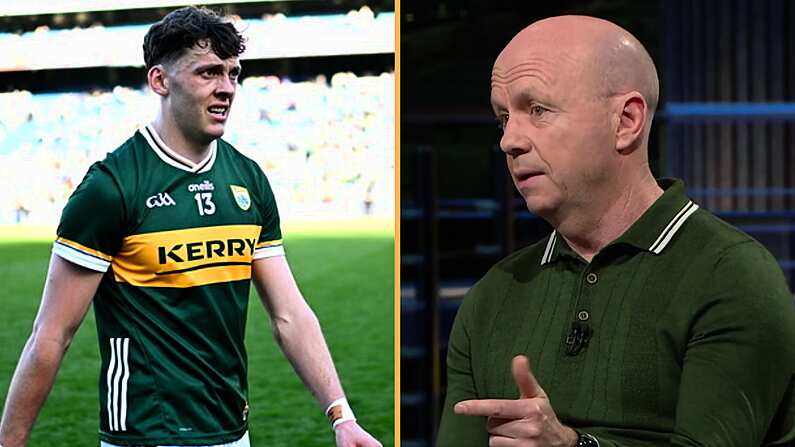In recent seasons, the last remaining unbeaten side in the NFL would be the talk of the league. The Green Bay Packers went 13-0 last year, the Indianapolis Colts lasted to Week 16(14-0) in 2009, the Tennessee Titans went 10-0 before finishing 13-3 in 2008 and the New England Patriots didn't lose a game until the Super Bowl in 2007, becoming the only ever team to go unbeaten in a 16 game regular season. Generally, if a team can get past the first six games of the year, and remain as the only unbeaten team, they begin to garner more attention than the other 31 teams in the league.
This year has been somewhat different as the main media organizations have become infatuated with the New York Jets, despite their lack of real relevance. Instead of crediting the Falcons for their outstanding work so far, the team has essentially been playing(read: winning) behind the curtain, conceding the stage to teams with worse records.
Of course, in the grand scheme of things, media attention is completely irrelevant. What is more important is whether the Falcons actually deserve our attention or not. Deserving and receiving are not the same actions. The chances of the Falcons going 16-0 are very slim, the chances of them winning the Super Bowl are also slim, but so are every team's at this point. Historically there isn't actually a benefit to being the last unbeaten team in the regular season. Of the last 10 teams in that position, only one has actually gone on to win the Super Bowl, the 2006 Indianapolis Colts. Of those 10 teams however, four of them have at least reached the Super Bowl and lost.
So what of this last unbeaten team. Where should they stand on the totem pole of potential Super Bowl champions?
The NFL is a bit like the GAA. Teams don't approach the Regular Season the same way they approach the playoffs. Just like in the GAA, where there is a stark contrast between teams taking the field in the league opposed to the championship, that difference exists between the regular season and the playoffs. In the playoffs an even greater emphasis is placed upon the quarterback position.
Eli Manning was clearly the best quarterback in last season's playoffs. Manning played three of his team's four post-season games away from home and only threw one interception to nine touchdowns. That was the best ratio of any signal-caller during that span. Twelve months prior to that, Aaron Rodgers was playing historically good football save for one disappointing performance in the NFC Championship game.
The reason quarterback play becomes so much more important in the playoffs, is because the quality of teams is significantly greater than in the regular season. There are no easy games in the playoffs, as the best coaches and most talented rosters are in competition. The quarterback position has the highest influence on the outcome of games, so that impact is bloated when the gap between other positions' level of production narrows.
The Falcons have an outstanding quarterback in Matt Ryan, but despite his nickname, Matty Ice(something that dates back to his college days), Ryan has so far been a flop in the playoffs. As a rookie, he threw two interceptions and lost a fumble in a wildcard round loss to the Arizona Cardinals. In his third year, Ryan had three more turnovers as the Green Bay Packers ran out 48-21 victors in Atlanta. Ryan had a phenomenal regular season last year, but couldn't even score a point against the Giants in New York. The Falcons' only points came from the defense as they lost 24-2.
Now in his fifth year, it may be unfair to tag Ryan as the same player who has repeatedly failed in the post-season. He has always been a mature player, but this year more than ever before he has become an outstanding leader. Not only is Ryan playing his own position well, but for the first time in his career he is carying the Falcons' offense and overcoming his teammates' flaws with his own personal performances.
Even though Ryan has hidden those flaws in the regular season so far, having a subpar offensive line and limited rushing attack has limited the offense as a whole to only 27.5 points per game. That number is good enough for seventh in the league, but it includes buffer games against the Kansas City Chiefs, Carolina Panthers, Washington Redskins, Oakland Raiders and Philadelphia Eagles. All defenses that are nowhere near the caliber of groups that will likely be in the playoffs.
In order to beat the Falcons, you essentially only have to shut down two players. Roddy White and Julio Jones can both take over games at any given moment, but if both have off days or are confronted by a high quality defense that can contain them, the Falcons have very little else to carry the load. In comparison to teams like the Green Bay Packers, New England Patriots, Pittsburgh Steelers, San Francisco 49ers and even the Tampa Bay Buccaneers, the Falcons offense is too rigid and reliant on too few weapons.
Defensively the Falcons have been very consistent in recent years. While they are yet to face any of the elite offenses in the league, when they played the Broncos Peyton Manning was visibly not at 100 percent, they do still rank fifth overall in points allowed. Defensive coordinator Mike Nolan is a coach with a reputation for getting the very best out of individual players. He has done that this year, but more importantly he has combined the individual growth with an improved team ethos. The Falcons are the anthisesis of the Philadelphia Eagles' defense. In Philadelphia, the Eagles have arguably more individual talent than any other team, but they did not perform to that level. The Falcons don't have as many recognizable individuals, but they do play to a high level consistently.
The Falcons defense hasn't been significantly tested yet this year, but they did contain Cam Newton, Robert Griffin III, Tony Romo, Michael Vick and Carson Palmer, while also shutting down Phillip Rivers. Outside of one turnover filled quarter against Peyton Manning, the Falcons struggled notably against the Denver Broncos.
Now you can't minimalize what the Falcons have done, but you can objectively assess the ability they possess to matchup to difficult offenses. Despite the play of Jonathan Babineaux at defensive tackle, the Falcons are still too reliant on John Abraham to provide a pass rush. Abraham has a reputation for not showing up in the big moments and three of his seven sacks this season came against the Oakland Raiders, who have one of the worst offensive lines in the league. Along with Abraham, the Falcons' biggest playmaker on defense is Asante Samuel. Samuel is a veteran who has consistently created turnovers throughout his career, but he has done so by taking big risks. Neither he or Dunta Robinson, the other starting cornerback on the roster, are lock-down defenders. Both take risks that can be exposed against better teams.
The Falcons have faced a relatively easy schedule so far so it is very difficult to properly analyze their potential. In order to go unbeaten in the regular season, or at least make the best attempt of the 32 teams, you only have to be consistent enough to beat the lesser teams in the league. When the playoffs begin, you have to overcome the best teams in the league when they are most desperate to win.
Undoubtedly it cannot yet be determined if the Falcons are good enough to win the Super Bowl or not, but they most definitely deserve as much respect as any other team in the NFL right now.
Follow Cian Fahey on Twitter - @Cianaf
Read more of Cian Fahey on Irish Central and in the Guardian’s US Sport section.


